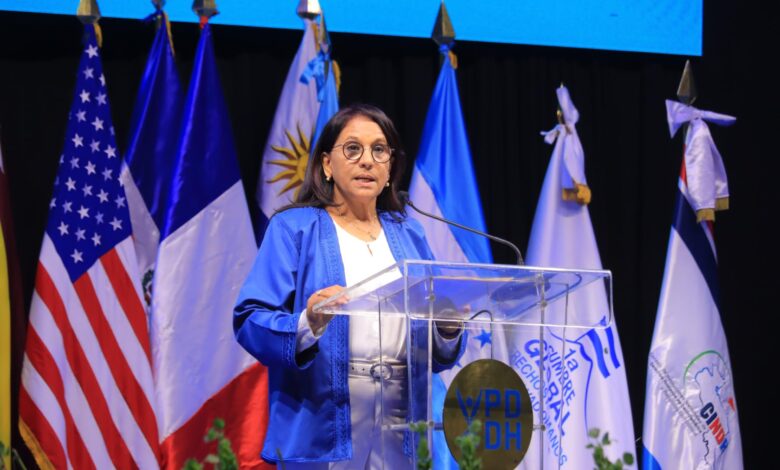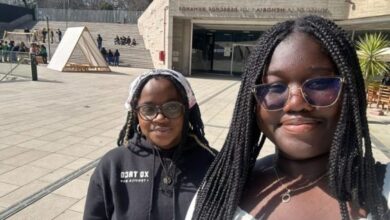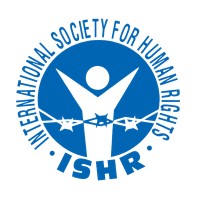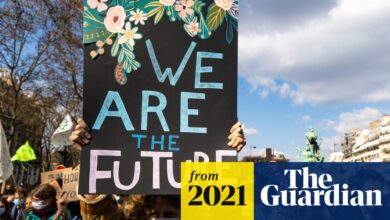CNDH’s Amina Bouayach Leads Global Human Rights Dialogue at El Salvador Summit

Marrakech – Moroccan rights advocate Amina Bouayach addressed critical global challenges at the World Human Rights Summit in San Salvador.
Bouayach, who serves as president of Morocco’s National Human Rights Council (CNDH) and chairs the Global Alliance of National Human Rights Institutions (GANHRI), delivered a comprehensive speech on September 2, tackling urgent human rights concerns.
The three-day summit, running from September 2-4, gathered human rights officials from across the globe to strengthen international cooperation on pressing issues.
“Technological developments, including digitization and artificial intelligence, provide extensive possibilities for progress and rights implementation, but simultaneously create significant unprecedented risks,” Bouayach declared.
These risks extend beyond privacy and discrimination, to other fundamental rights and freedoms, making technological governance essential to protect basic rights.
Bouayach insisted on placing human rights “at the heart of algorithm lifecycles and advanced systems, from design to formation to implementation and impact assessment.” She asserted that political participation has expanded beyond traditional spaces to digital platforms that now host discussion, expression, and mobilization.
“These spaces must be promoted as tools for transparency, accountability, and strengthening democracy,” she stated firmly. The international technological governance she envisions would “contribute significantly to making digital spaces and systems safe that stimulate inclusion and participation for all.”
Regarding migration, Bouayach spotlighted the leading role of Southern countries in international discussions, including Morocco’s hosting of the Global Compact for Migration (GCM).
She revealed a troubling global inequality: “To this day, no Northern country has ratified the International Convention for the Protection of Migrant Workers and Their Families.”
She proclaimed that migration issues are universal human rights concerns tied to human dignity – a dignity that “is not connected to color or belief, but is a fundamental right that should be respected for all human beings equally.”
Addressing climate change, Bouayach warned that environmental crises disproportionately affect Southern countries despite their minimal contributions to emissions.
“These countries bear the consequences of emissions and climate change, although they were not direct causes,” she explained. Climate crises force population displacement and create difficult socioeconomic challenges.
“Social justice cannot be separated from environmental protection and human rights,” Bouayach maintained, and demanded international dialogue on climate change that considers “global gaps and disproportionate impacts on local communities in Southern countries.”
She called the climate crisis “at its core, a rights crisis,” given how climate changes threaten fundamental human rights. “The most vulnerable are the most affected and most exposed to its harsh shocks,” she concluded.
The El Salvador summit aims to enhance global dialogue on human rights protection, exchange leading national and international practices, and strengthen cooperation mechanisms between human rights actors worldwide.
Read also: Amina Bouayach Receives Key to San Salvador During Global Human Rights Summit
Source link




